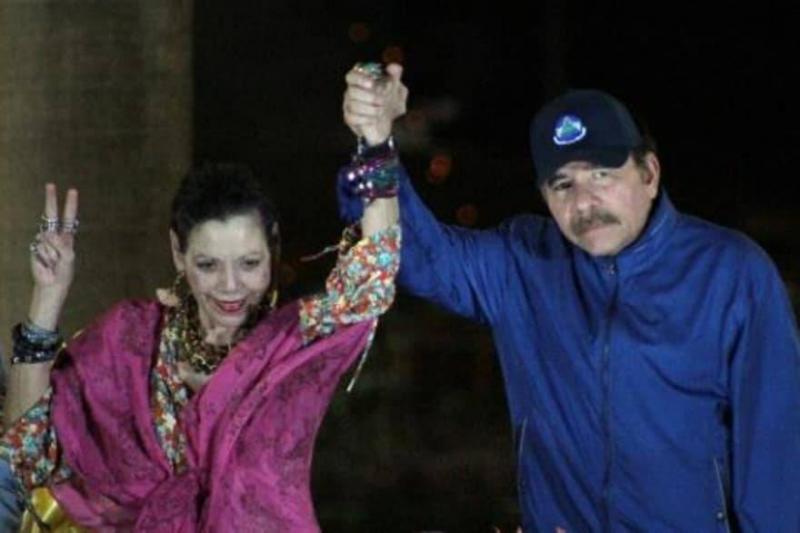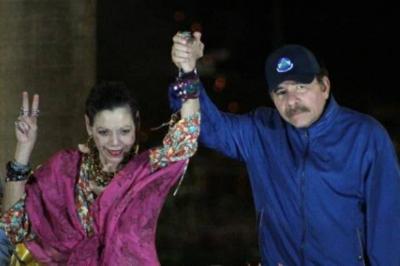On Tuesday, Nicaragua's parliament requested President Daniel Ortega, who has been barred by the United States from entering its territory, to withdraw the country from the Organization of American States (OAS). The parliament, where Ortega's "Sandinista National Liberation Front" party holds a significant majority, called on him as "the head of state" to "condemn the OAS Charter," which would mean Nicaragua's withdrawal from the organization.
Parliament Speaker Gustavo Porras stated that this request comes after the "repeated actions by the OAS to intervene in Nicaragua's internal affairs." Article 143 of the OAS Charter allows any country to withdraw from it, following a two-year process.
Vice President Rosario Murillo expressed her satisfaction with the parliament's request, considering it to be "in line with our demands for respect for the sovereign and dignified decisions of our people."
Earlier, U.S. President Joe Biden announced the prohibition of entry into the United States for Ortega, his wife Murillo, their government ministers, and other senior officials of the regime. Biden stated on Tuesday in Washington that "the repression and violations perpetrated by the (Daniel) Ortega government and those who support it require action from the United States."
These sanctions are in addition to measures previously applied against senior officials in Nicaragua and close associates of the ruling couple. Last Friday, the OAS General Assembly declared that the elections held on November 7 in Nicaragua "were neither free, nor fair, nor transparent, nor had democratic legitimacy," paving the way for a potential suspension of Nicaragua's membership.
Daniel Ortega, who has been in power since 2007, was re-elected on November 7 for a fourth consecutive term. The election faced sharp criticism from the international community for several reasons, including the absence of serious opponents after seven potential candidates were arrested in the six months leading up to the elections.
Former diplomat Edgar Baralis warned that withdrawing from the OAS would increase Nicaragua's isolation and exacerbate poverty. He stated to AFP that Nicaragua would particularly struggle to obtain "loans, cooperation, and donations from the international community," while facing a "mass exodus of the Nicaraguan population."




